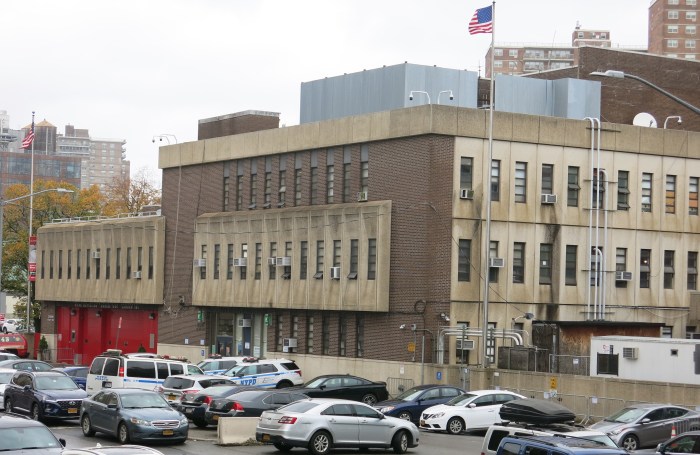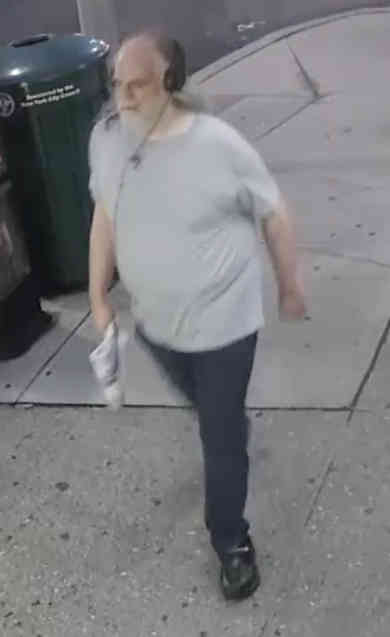As the city cautiously reopens following the deadly coronavirus outbreak, two southern Brooklyn legislators are working to ensure the coronavirus pandemic won’t again devastate the city.
“COVID-19 descended swiftly and demonstrated that City and State government were not prepared for a pandemic,” said State Senator Andrew Gounardes. “Our public servants were not provided with the proper safety measures, which in some cases cost them their lives.”
The Bay Ridge senator introduced legislation on June 22 requiring all local and state employers in New York to publish pandemic plans outlining which employees can work from home, as well as safety measures for those that must continue showing up in person.
“Requiring public employers to draft and publish a contingency plan for the next global health pandemic will be integral in saving lives and rebuilding the trust between public employees and workers,” Gounardes said. “We need to protect those who kept our city running and can never get caught flat-footed like this again.”
Union leaders commended the senator’s legislation as an estimated 270 city employees have lost their lives to the coronavirus as of May.
“This legislation is a critical first step in state emergency planning as it requires public employers to work with the unions to develop an emergency response plan to provide public employees with greater clarity on their roles and responsibilities, to delineate their designated work locations and to ensure appropriate precautions are made to protect their personal health and safety in the event of a resurgence of COVID-19 or another public health emergency,” said Wayne Spence, president of the Public Employees Federation.
In another an effort to keep the city’s infection rates low, Gounardes teamed up with Councilman Justin Brannan earlier this week to urge city officials to help neighborhood organizations encourage their communities to practice social distancing.
“New Yorkers might be done with COVID, but unfortunately COVID isn’t done with New York just yet,” Brannan said. “It is so great to see businesses opening up again but we cannot let New Yorkers act as if everything is back to normal.”
In Brannan and Gounardes’ plan, local community groups would be given the tools to help educate their neighbors on the dangers of the coronavirus and the importance of social distancing. The legislators additionally requested that city officials implement consequences for frequent and intentional offenders of social distancing.
“While we are all desperate to get back to normal, slacking on social distancing requirements puts our community members’ lives at risk – plain and simple,” Gounardes said. “If we cannot increase compliance with social distancing, we cannot open for indoor dining, and should not until we’re confident that we can keep the rate of transmission below 1.0.”
The legislators’ call comes as the city prepares to enter into Phase Three on July 6 without the addition of indoor dining per Mayor Bill de Blasio and Gov. Andrew Cuomo’s back-to-back Wednesday announcements — citing the cause as rising infections in states that have opened up dining indoors.
“We cannot go ahead, at this point in time, with indoor dining in New York City,” the mayor said. “Look, even a week ago, honestly, I was hopeful we could, but the news we have gotten from around the country gets worse and worse all the time.”























